Have you ever noticed how a canary’s song seems to shimmer in the air, but fades away in chaos? There’s something magical about these delicate birds—yet they’re so easily unsettled. For bird lovers, understanding why canaries crave calm isn’t just about keeping them happy; it’s about unlocking the secret to their joy, their health, and their beautiful melodies. Let’s dive into the surprisingly sensitive world of canaries and discover why tranquility is their greatest treasure.
Canaries may be small, but they have big preferences when it comes to their surroundings. These delicate songbirds thrive in peaceful, quiet environments where they feel safe and secure. Loud noises, sudden movements, or a chaotic household can cause them stress, affecting their singing and overall health. A calm setting allows canaries to showcase their beautiful melodies and vibrant personalities. Creating a serene space isn’t just good for them—it also enhances your bond with your feathered friend.
Canaries: Sensitive Souls in a Noisy World

Canaries are famously gentle and sensitive. Unlike hardier birds, their small bodies and alert minds react quickly to changes in their surroundings. Sudden noises, erratic movements, or a chaotic household can leave a canary feeling threatened or anxious. This sensitivity is part of their charm, but it also means that even a barking dog or a loud television can disturb their sense of safety. For canary owners, providing a calm environment isn’t just ideal—it’s essential for their well-being. Their keen senses pick up on everything, making calmness not just a preference, but a necessity.
Natural Instincts: Safety First
Deep inside, canaries are still wild at heart. In nature, any sudden movement or loud noise could signal a predator. Over generations, these instincts have remained strong—even in domesticated canaries. When their surroundings are calm, canaries feel secure enough to eat, sing, and rest. But if things get too hectic, their instincts tell them to stay alert or hide. This natural response, designed to keep them safe, is why they thrive in peaceful, predictable settings. It’s a matter of survival, hardwired into their little bodies.
The Impact of Noise on Canary Health
Loud sounds and constant noise can be more than just an annoyance for canaries—they can actually harm their health. Prolonged stress from an unsettled environment may lead to feather plucking, weight loss, or even stop them from singing altogether. Their hearts race with every unfamiliar sound, and over time, this stress can weaken their immune systems. Unlike larger pets, canaries can’t simply tune out the world. For them, peace and quiet aren’t luxuries—they’re vital for staying healthy and happy.
Calm Environments Encourage Singing
One of the greatest joys of owning a canary is listening to its beautiful, cheerful song. But canaries only sing when they feel truly at ease. If their environment is chaotic or unpredictable, they might go silent. Calm surroundings encourage them to express themselves through song, brightening homes with their melodies. It’s almost as if each note is a thank you for the peace you provide. For bird lovers longing for those magical tunes, creating a tranquil space is the key.
Stress and Its Surprising Effects
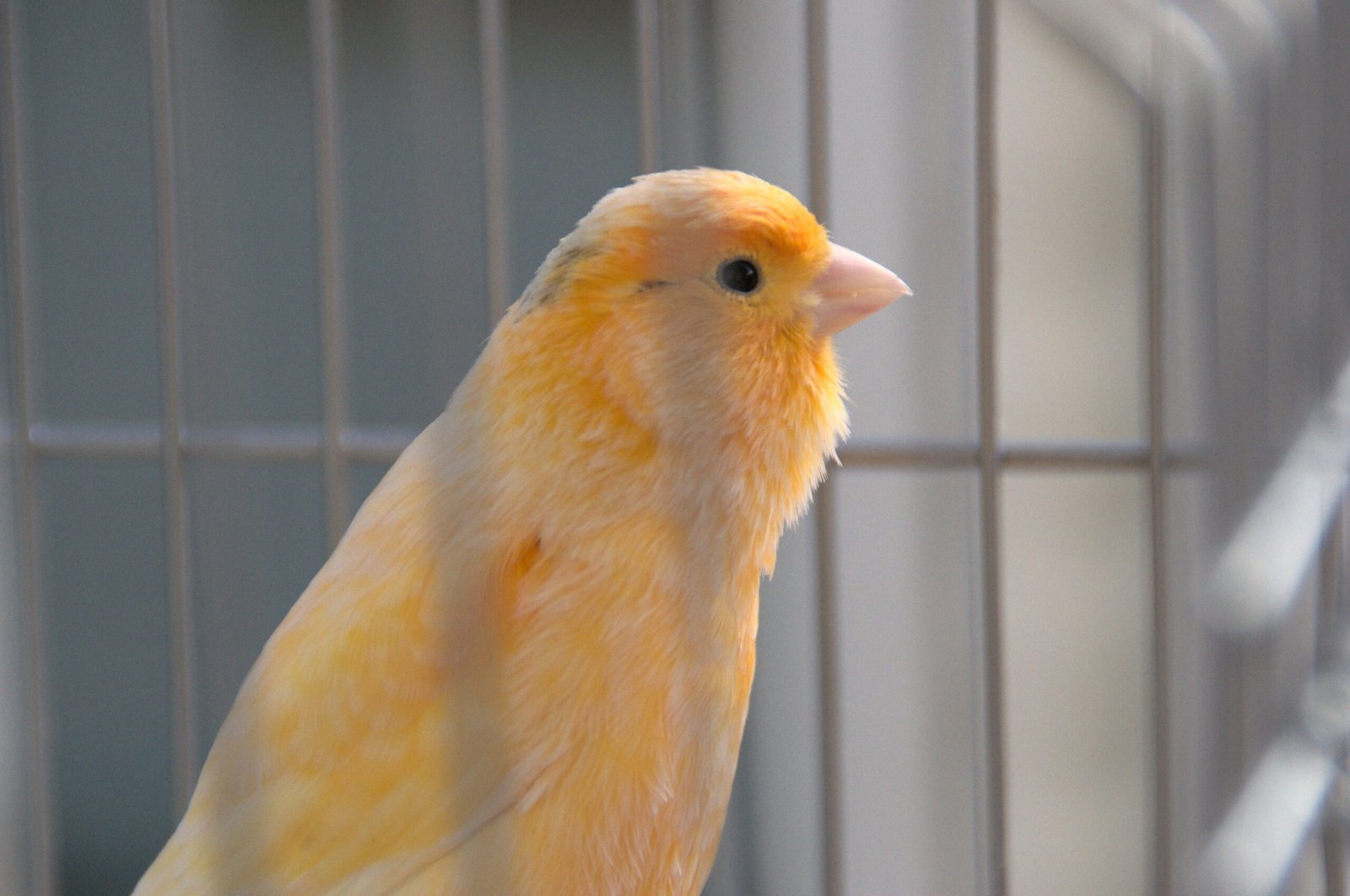
Stress in canaries can show up in many unexpected ways. Some birds may become excessively quiet, while others could startle easily, fluttering around their cages at the slightest disturbance. A stressed canary might refuse to eat or interact, hiding in corners or fluffing up its feathers as a sign of discomfort. These behaviors can be heartbreaking to witness, especially for owners who only want the best for their feathery friends. Recognizing these signs early and restoring calm can make all the difference.
The Role of Routine and Predictability
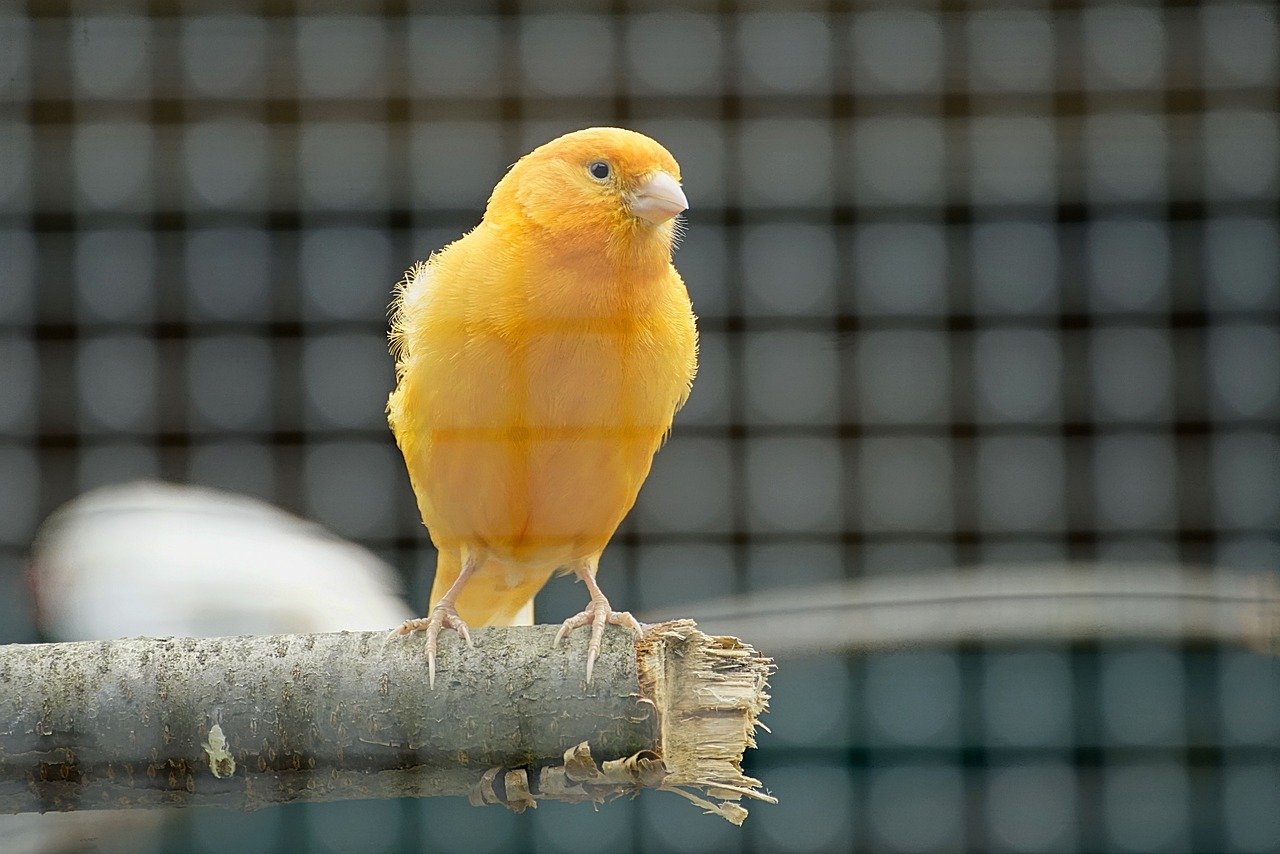
Canaries flourish when life follows a gentle rhythm. Predictable routines—like regular feeding times, consistent lighting, and familiar faces—give them a sense of security. When their days are filled with surprises or disruptions, anxiety can creep in. Even small changes, such as rearranging their cage or introducing new pets, can unsettle them. Keeping their world steady and predictable not only keeps them calm but also builds trust. It’s like offering them an invisible safety blanket every single day.
Ideal Placement of Canary Cages
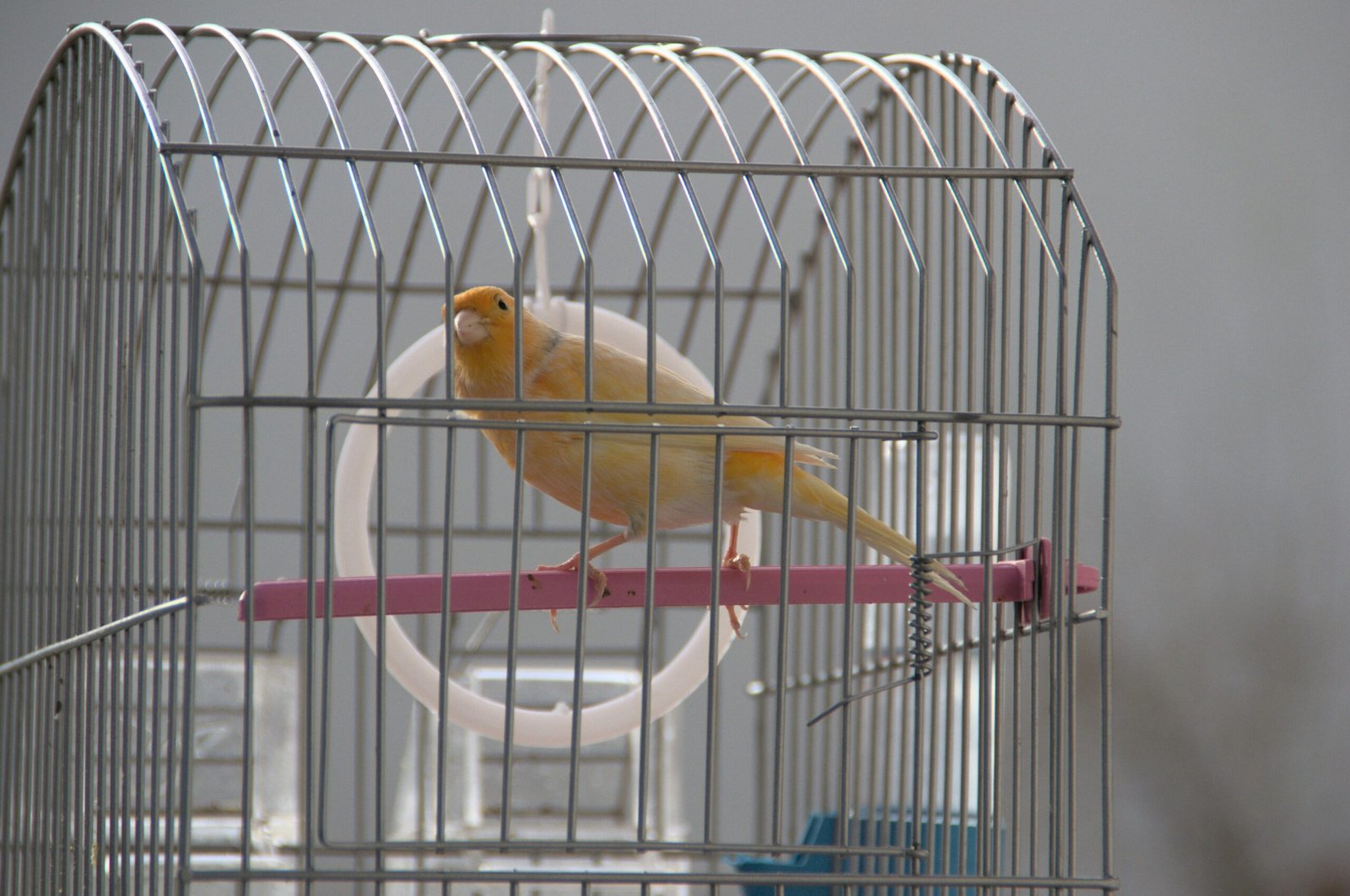
Where you place your canary’s cage can make a world of difference. A quiet corner away from loudspeakers, busy hallways, or slamming doors is ideal. Placing the cage at eye level helps canaries feel included without feeling exposed. Avoiding direct drafts or glaring sunlight adds to their comfort. Some owners find that a bit of gentle background noise—like soft music or the hum of a distant fan—can be soothing, as long as it’s not too loud. The right spot transforms a simple cage into a cozy sanctuary.
Interactions: Gentle, Not Startling
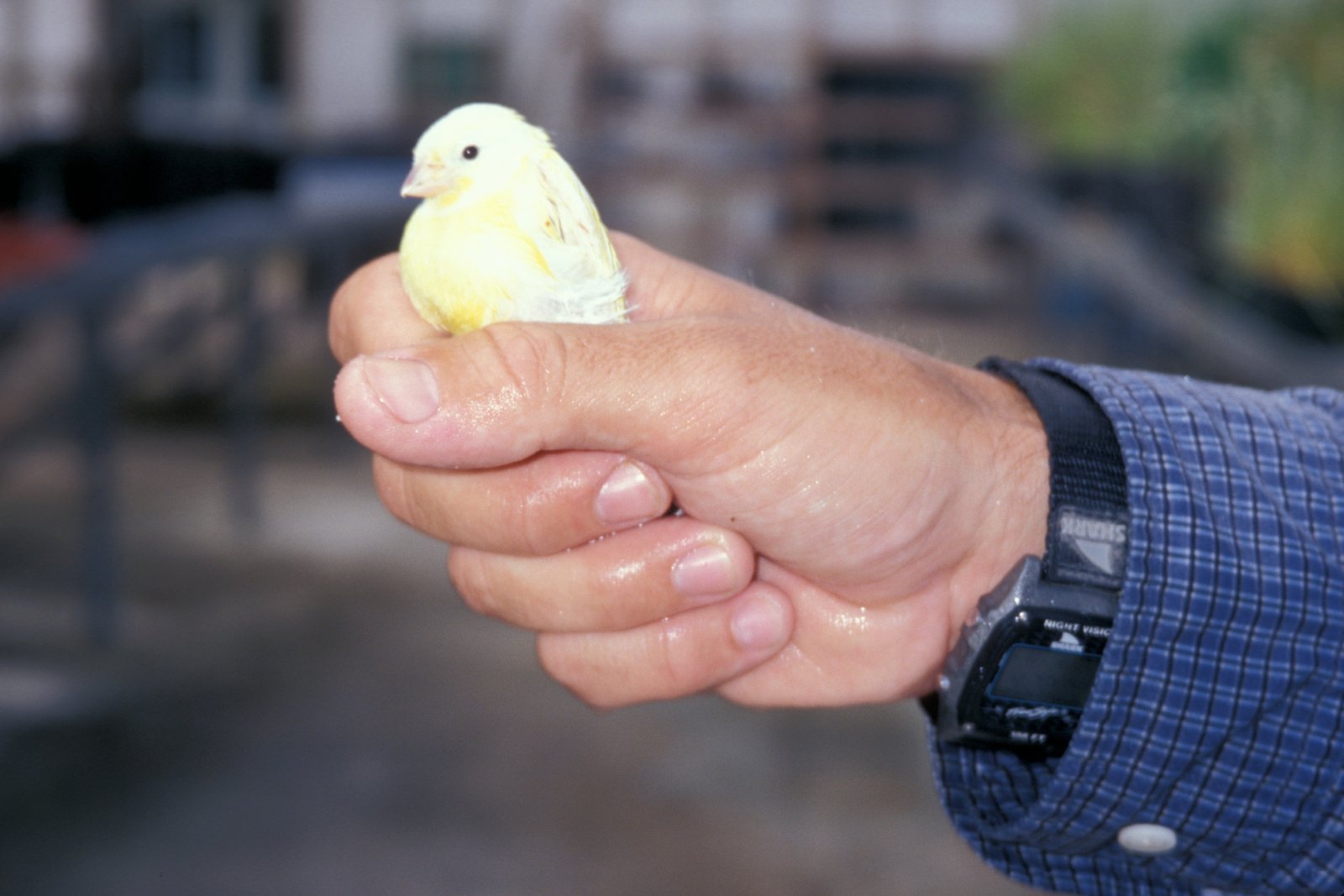
Canaries thrive on gentle attention. They enjoy watching their humans and even responding to soft talking or singing. However, sudden grabs, loud voices, or quick hand gestures can frighten them. It’s important to approach their cage calmly and to speak softly when nearby. Over time, many canaries become curious, sometimes even perching close to observe their favorite people. Respecting their need for calm interactions builds a stronger, more trusting bond—a friendship built on peace.
Other Pets and Household Dynamics
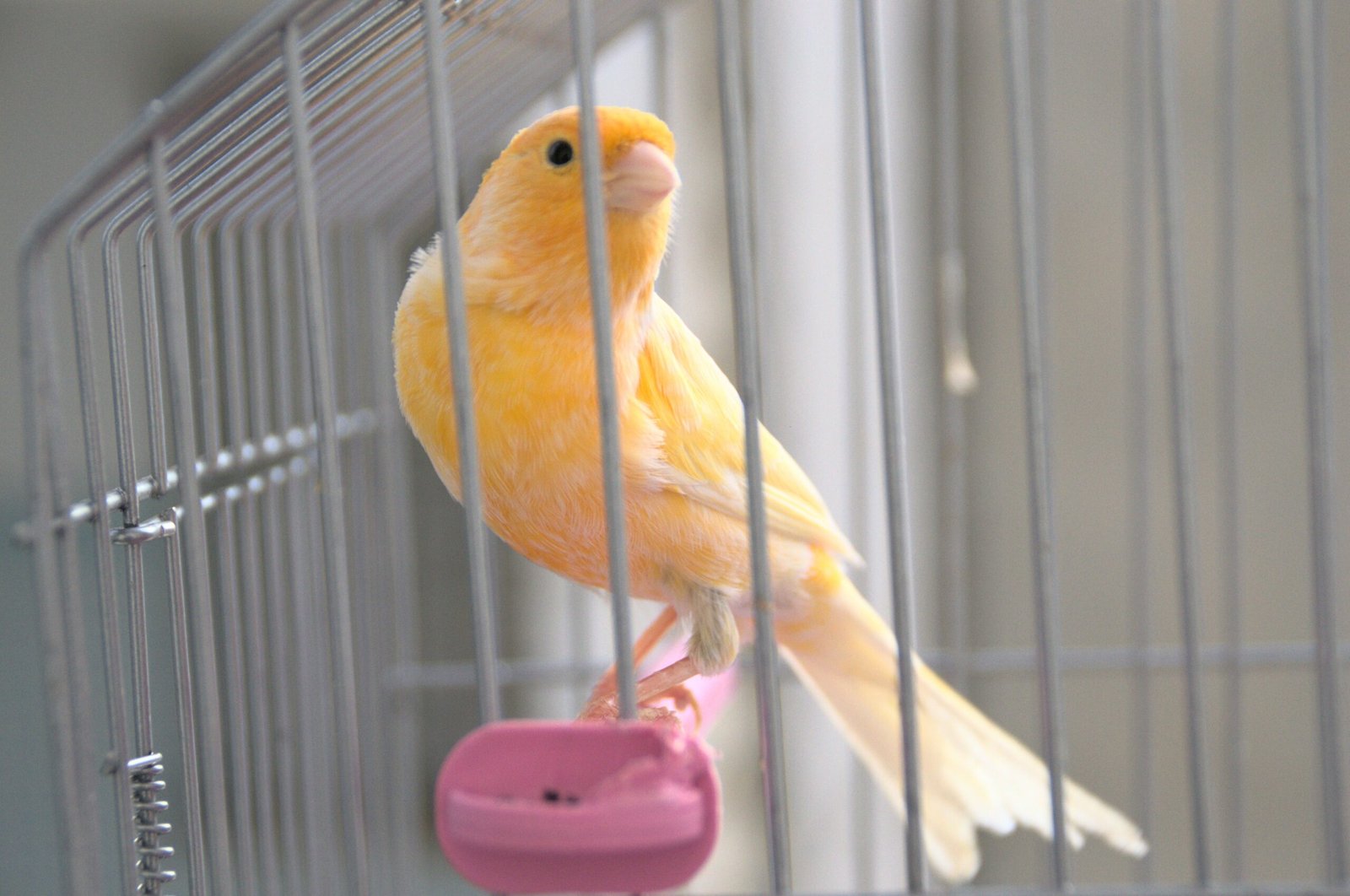
Households with dogs, cats, or active children can feel overwhelming to a canary. While some pets may ignore the bird, others might be too curious or energetic, creating stressful moments. It’s wise to supervise any interaction between your canary and other animals, and to ensure the bird always has a quiet retreat. Families can help by reminding children to be gentle and by keeping rambunctious play in separate areas. A harmonious home keeps everyone happier—especially the most sensitive member.
Creating a Calming Atmosphere
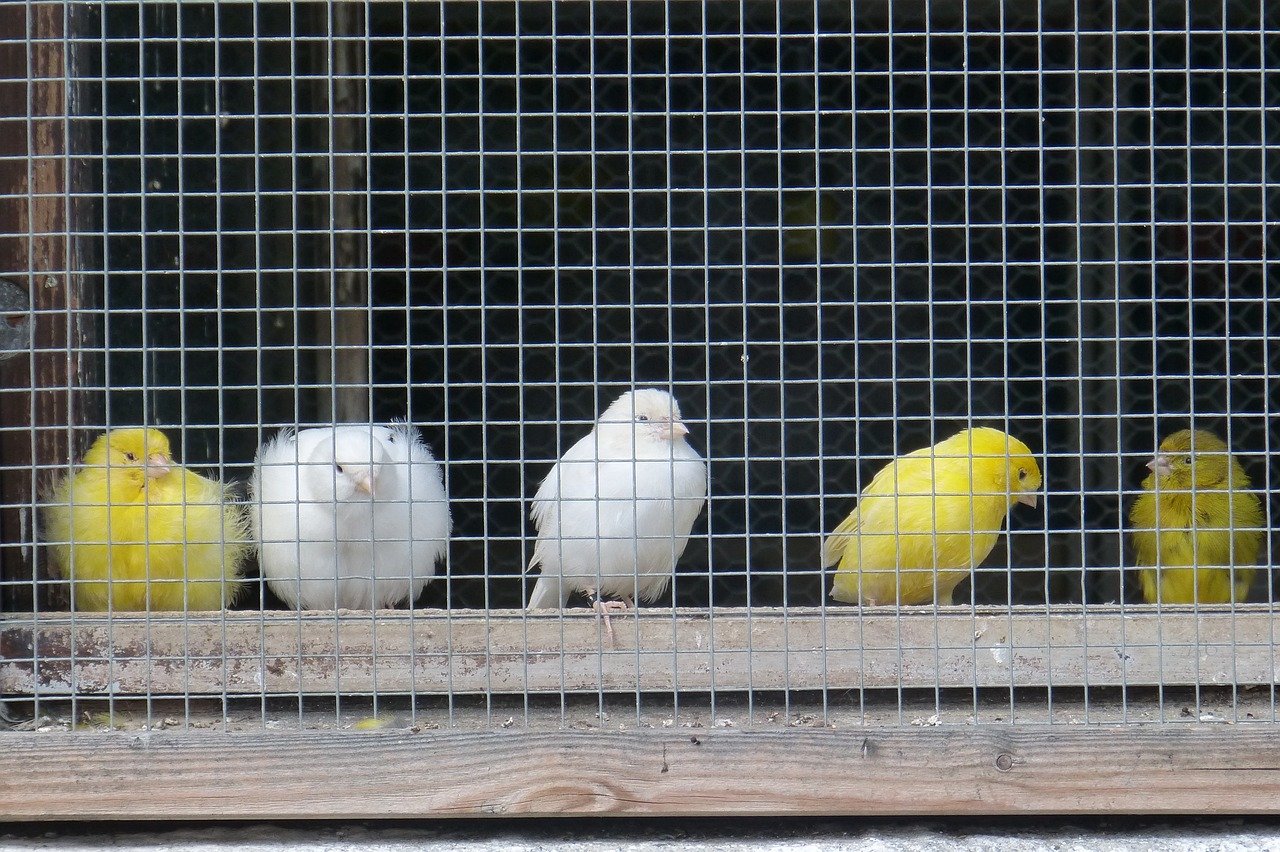
There are many ways to make your home more peaceful for your canary. Using soft lighting, minimizing sudden noises, and covering the cage at night can help. Some owners add natural branches or soothing toys to the cage, giving their bird a sense of comfort and security. Even keeping a regular cleaning routine helps, as canaries feel more relaxed in tidy spaces. Remember, every peaceful detail you add is a gift to your feathery friend, inviting them to relax, sing, and shine.
In the end, a calm and peaceful environment isn’t just a preference—it’s essential to your canary’s happiness and health. By minimizing stress and offering a quiet space, you’ll help your little songbird truly thrive and fill your home with soothing melodies.





